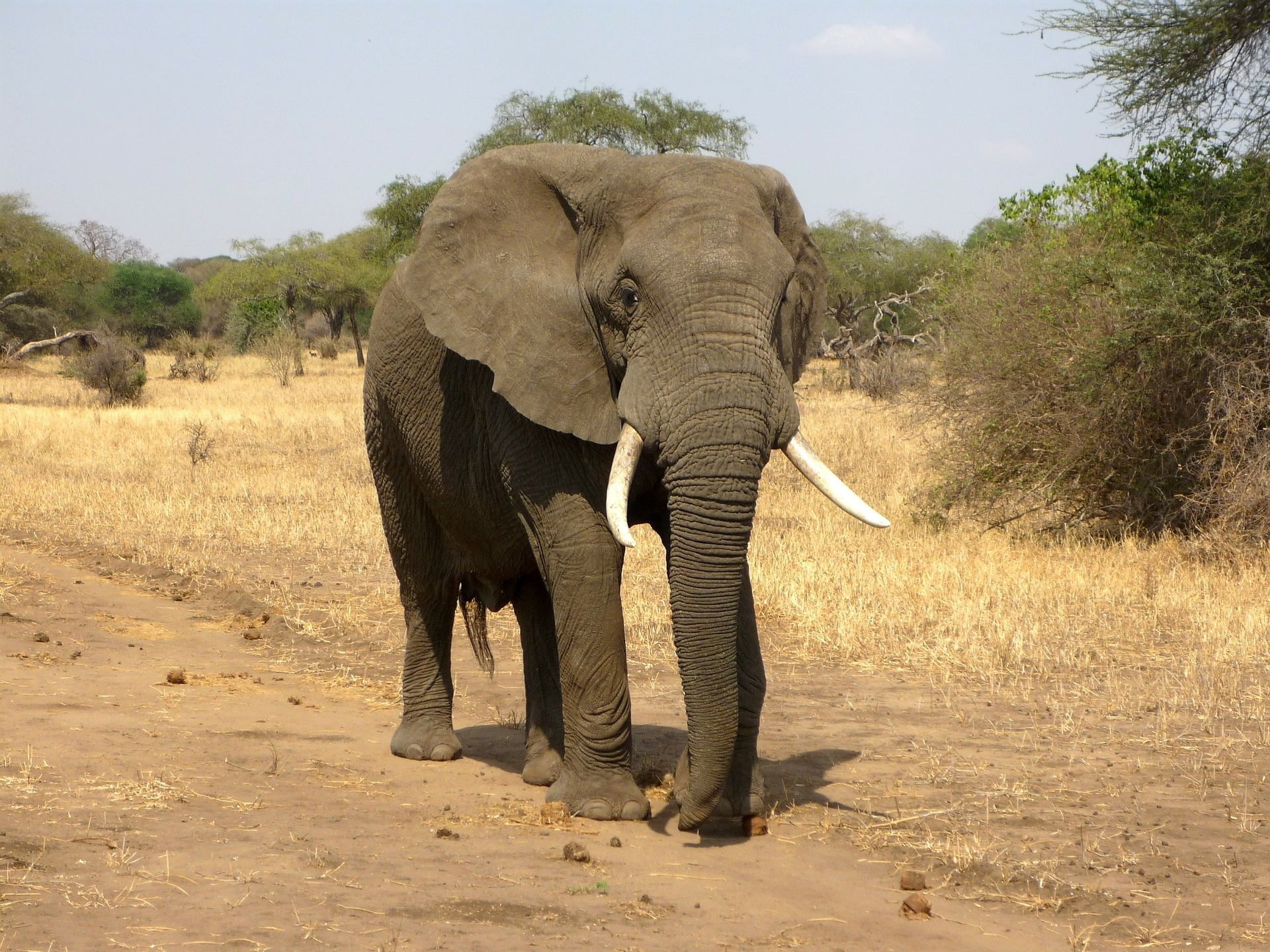Elephants are doing their part to slow climate change by planting high carbon-density trees and helping forests restore their role as carbon sinks.
The ocean, soil and forests are the world’s largest carbon sinks. This means they can absorb carbon dioxide from the atmosphere. In forests, carbon is absorbed by the trees through photosynthesis. Once absorbed, carbon becomes deposited in forest biomass, including the trees’ trunks, branches, leaves and roots, in dead organic matter and in soils.
With the increase in deforestation to make room for livestock farmlands and development projects, forests are losing their trees and are struggling to help absorb and regulate temperature. This, in turn, is causing the Earth’s temperatures to rise and amplifying the effects of climate change. But it isn’t all bad news. Researchers are looking at how animals that live in forests can help mitigate the impacts of climate change. One animal that is making climate change headlines is the elephant.
Scientists studying elephants in African forests have found that these majestic animals play an essential role in shaping their environments as they vacuum up as much as 200 kilograms worth of plants every day. Their actions of stripping bark from trees and digging up roots are helping the forest store more carbon in its trees.
But how does eating trees and vegetation from the forests help store more carbon? This can happen in two ways. In one study, researchers found that elephants trample on smaller trees, competing with larger ones for light and nutrients, increasing the average tree diameter and total above-ground biomass. They found that forest elephant helps increase the rainforest’s carbon capture by 9,500 metric tons of CO2 per square kilometre.
Another study has identified the impact by looking closer to the ground. Researchers found that elephants help spread seeds in their dung. Looking at elephants in the Republic of Congo’s Ndkoki Forest, researchers sifted through 855 piles of elephant dung to see which seeds were being deposited.
They found that these elephants had a taste for the leaves of faster-growing trees but preferred the fruit of slowing-growing trees. The slower-growing trees could create more dense wood, while eating the faster-growing trees can make room for carbon-rich trees. Moreover, as the elephants eat more fruit, they will spread the seeds through the forest in their dung, and the cycle will continue.
The impact these elephants have on forests and climate change is significant. Projections have shown that carbon storage would decline between 6 and 9 percent if elephants disappeared from the forests. As the number of elephants in Africa decreases, mainly due to illegal hunting and trade, scientists and conservationists are putting pressure on global officials to protect these animals.
By protecting the elephants, we protect the forests, reducing the amount of carbon in the atmosphere and helping slow the effects of climate change.










